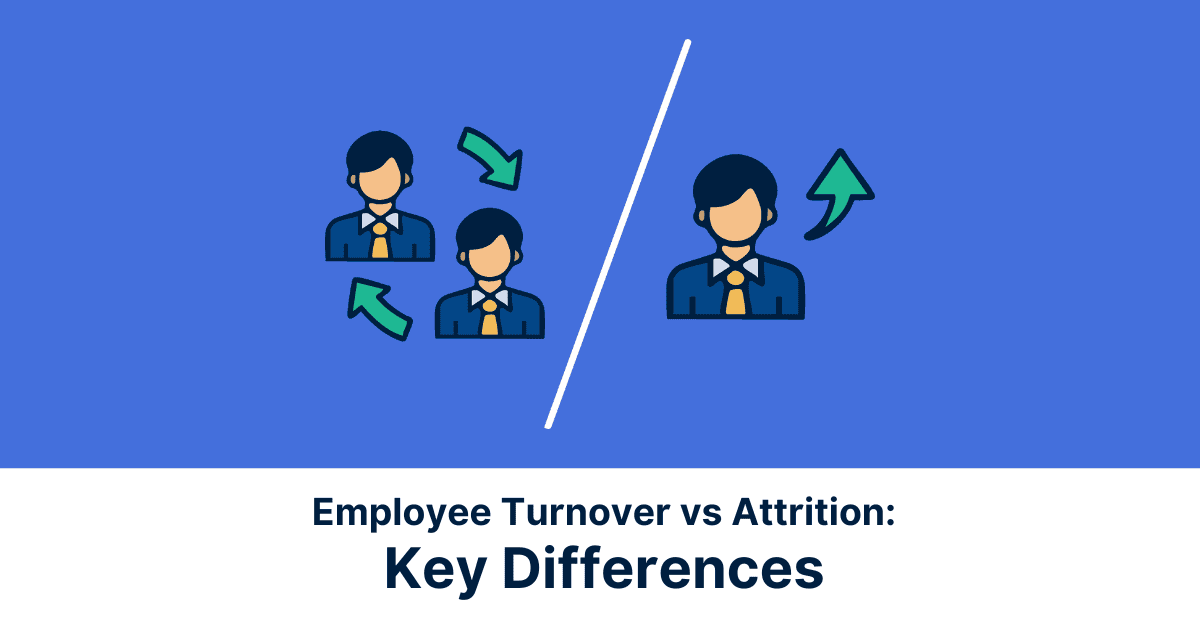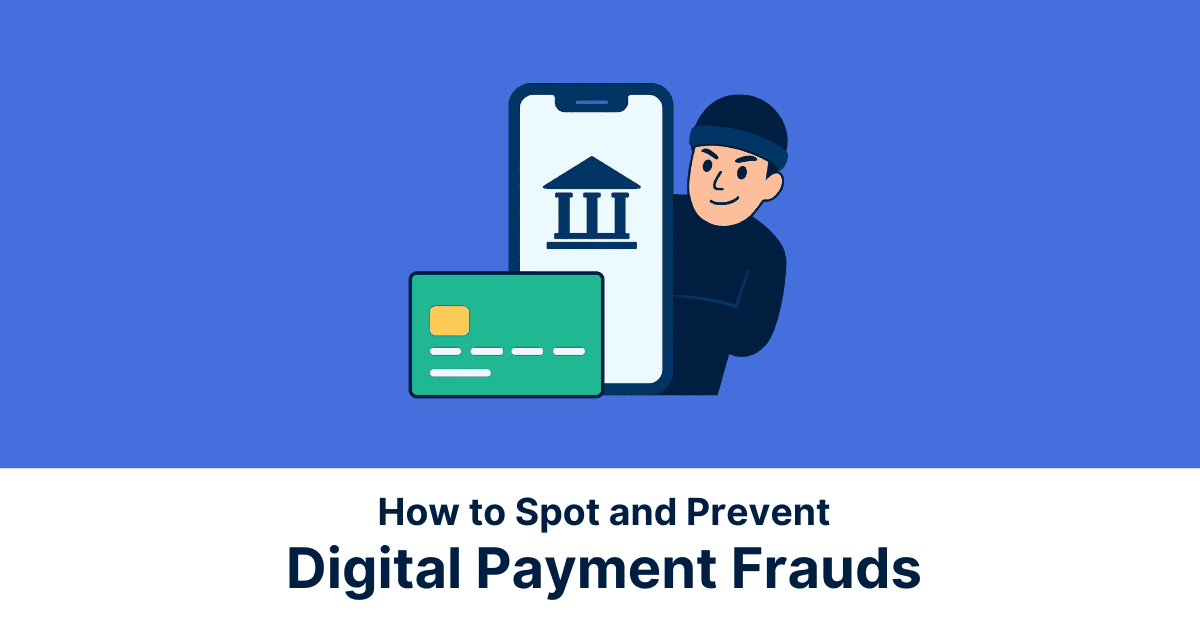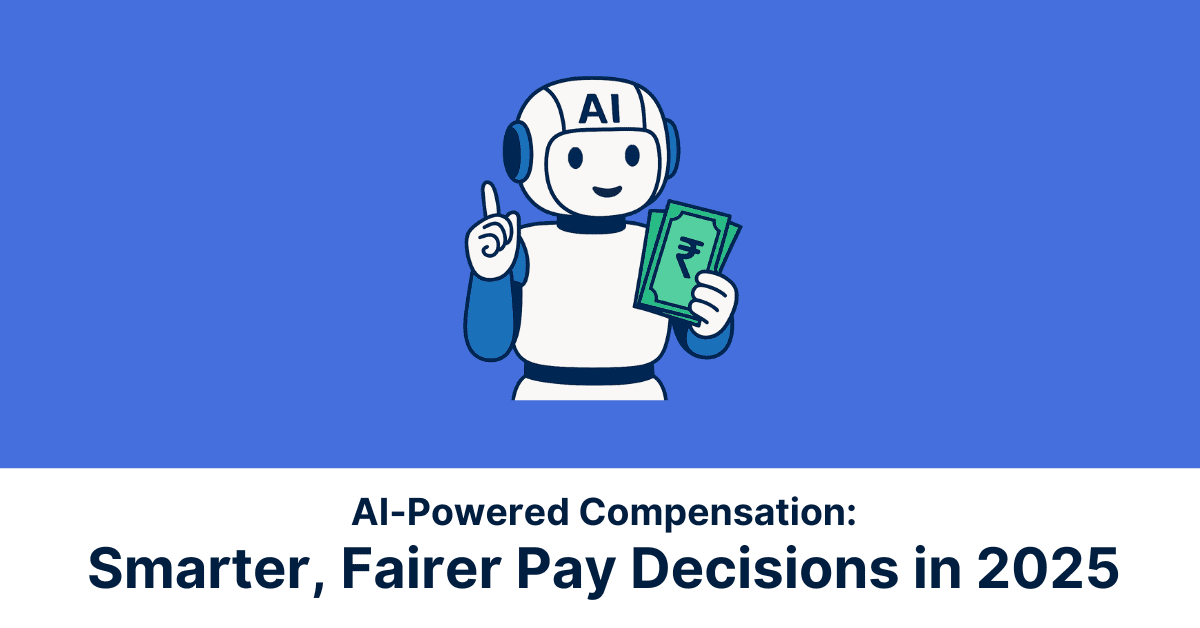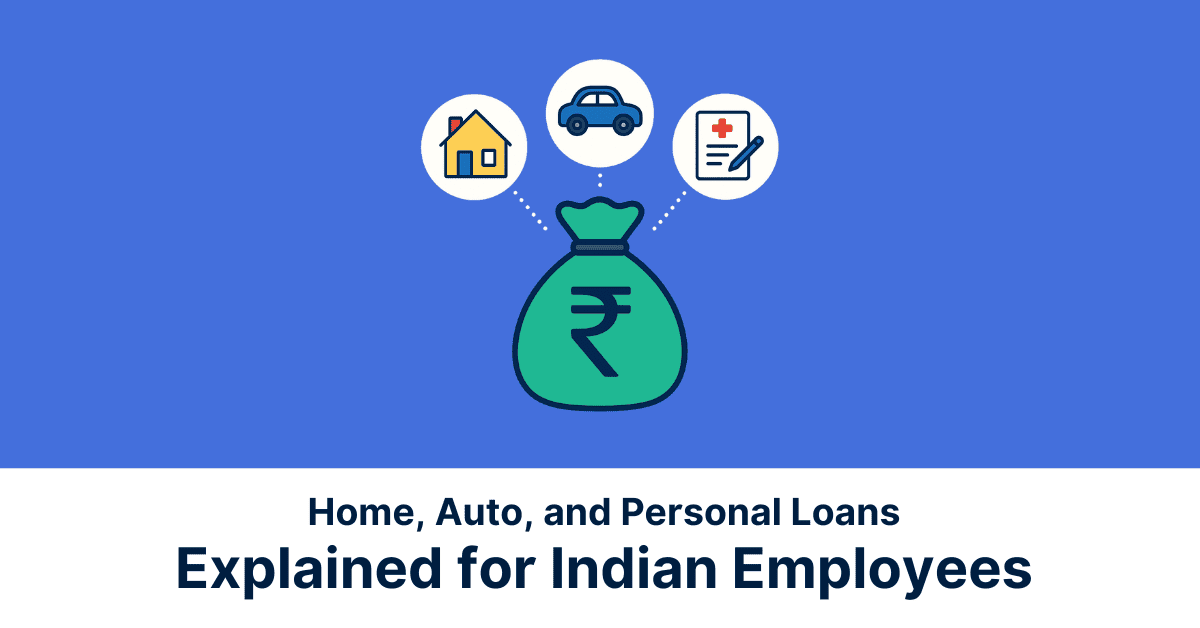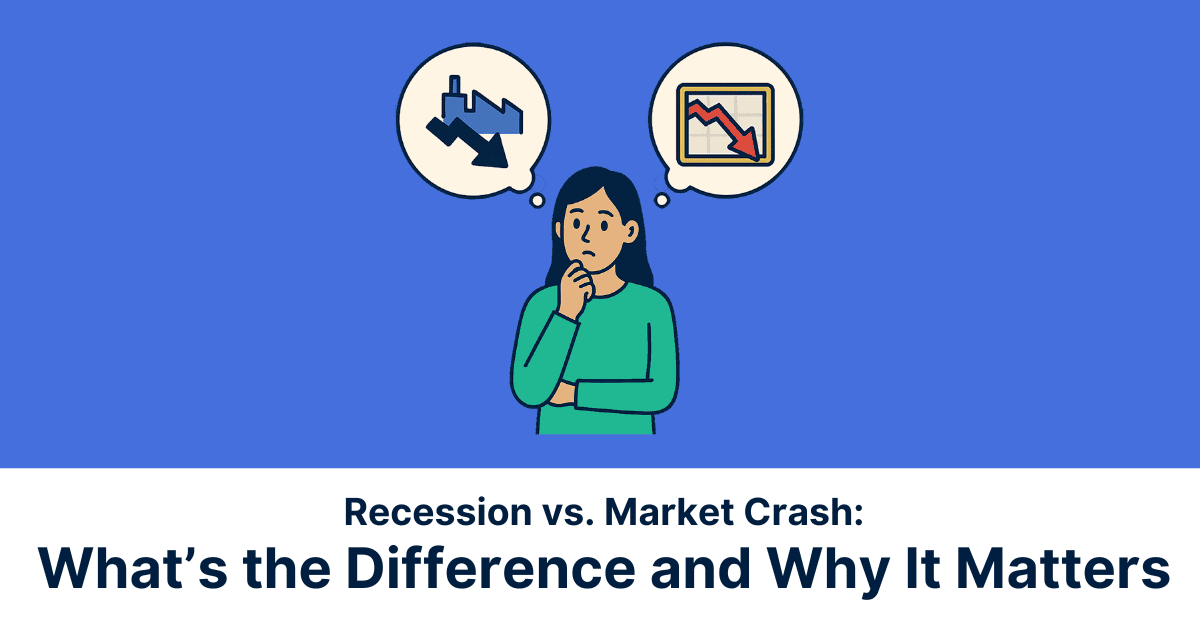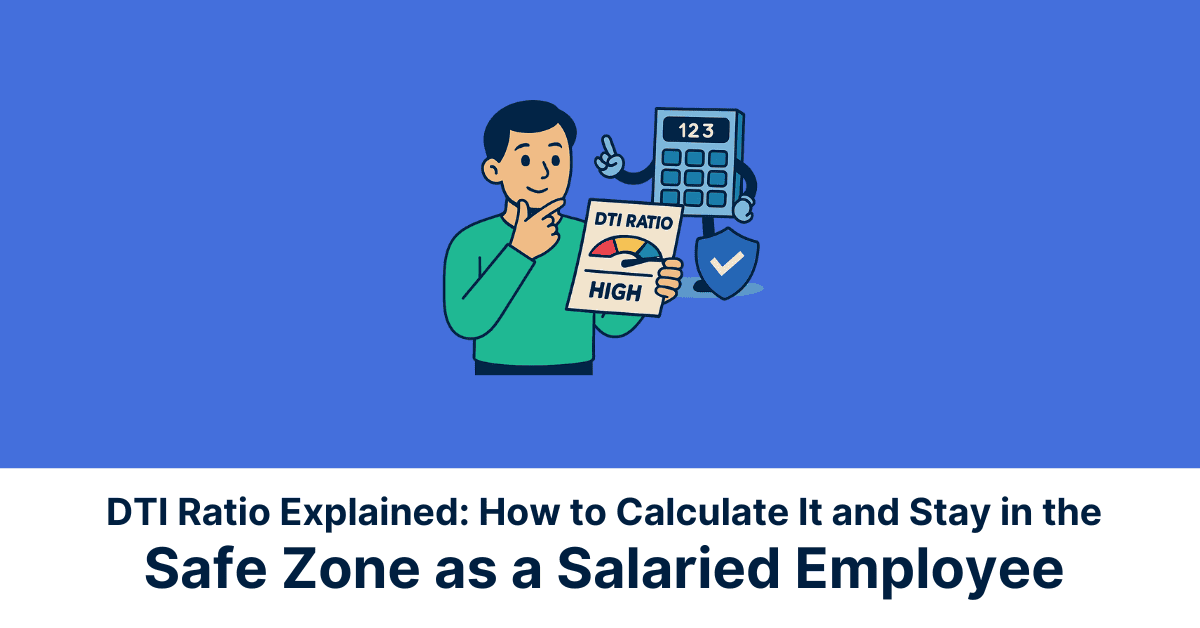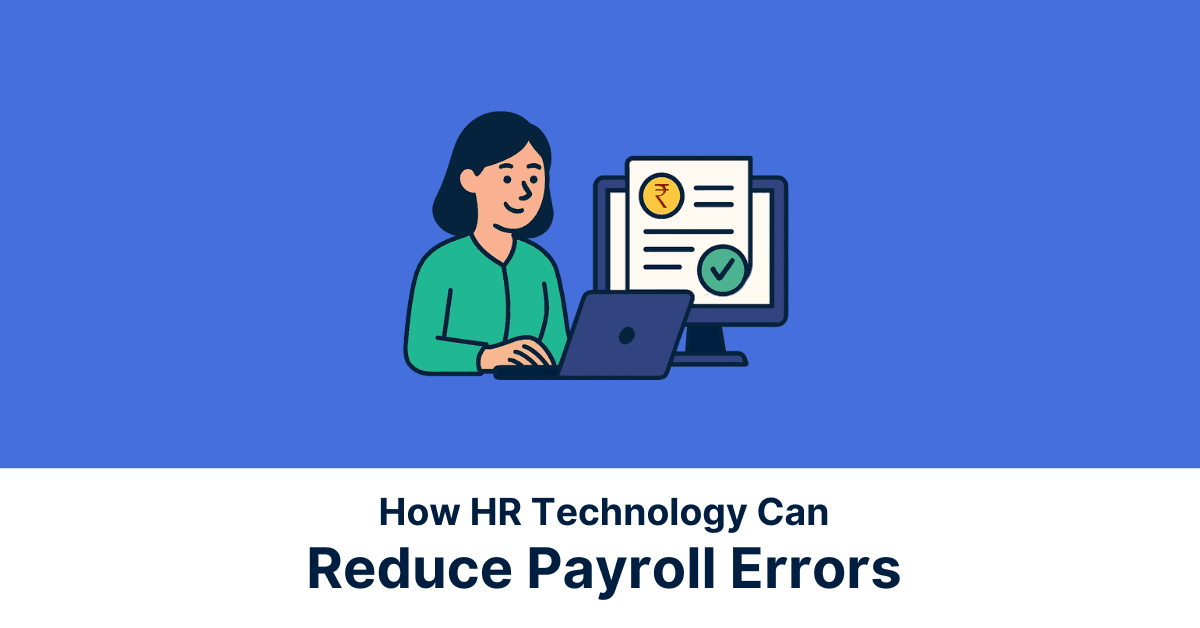In today’s fast-paced world, financial flexibility is key to maintaining a balanced lifestyle. Earned Wage Access (EWA) has emerged as a revolutionary tool, offering employees the ability to access their earned wages before the traditional payday.
Earned Wage Access (EWA) is a financial service that allows employees to access a portion of their earned wages before their scheduled payday. This innovative approach to payroll provides workers with greater control over their finances, helping to bridge unexpected gaps and reduce financial stress.
EWA is gaining traction as a valuable benefit, allowing employees to tap into their earnings as they accrue, rather than waiting for a fixed payday. This flexibility can be a game-changer for many, providing a safety net for unforeseen expenses and reducing reliance on high-interest credit options. However, like any financial tool, EWA must be used wisely to maximise its benefits and avoid potential pitfalls.
11 Tips to Utilize Earned Wage Access Effectively
1. Understand Your EWA Terms
Before you start using EWA, it’s crucial to understand the terms and conditions associated with it. Here are some key points to consider:
Fees: Check if there are any fees associated with accessing your wages early. Some platforms may charge a flat fee, while others might have a percentage-based fee.
Limits: Be aware of any limits on the amount you can withdraw. This could be a percentage of your earned wages or a specific monetary cap.
Withdrawal Process: Understand the process of withdrawing your wages. Some platforms might offer instant transfers, while others could take a few hours or even days.
2. Integrate EWA with Your Budget
Incorporating EWA funds into your monthly budget planning can help you maintain financial stability:
- Plan Ahead: Include the potential use of EWA in your budget. Allocate funds for essential expenses and savings before considering discretionary spending.
- Track Usage: Keep a record of how often you use EWA and the amounts withdrawn. This will help you understand your cash flow better and avoid overspending.
- Adjust Accordingly: If you find yourself relying heavily on EWA, it might be time to reassess your budget and identify areas where you can cut back.
3. Prioritize Expenses
Using EWA funds wisely can prevent financial strain. Prioritise essential expenses such as:
- Bills: Use EWA to pay utility bills, rent, or loan EMIs to avoid late fees and penalties.
- Emergencies: Access your wages early to cover unexpected expenses like medical emergencies, vehicle repairs, or urgent home maintenance.
- Groceries and Essentials: Ensure that your basic needs are met without having to resort to borrowing or high-interest credit.
Avoid using EWA for non-essential items that can wait until your regular payday.
4. Limit Usage to Needs, Not Wants
While it can be tempting to access your wages early for non-essential items, it’s important to limit usage to genuine needs. Avoid using EWA for:
- Discretionary Spending: Items such as dining out, entertainment, or impulse purchases should be budgeted from your regular paycheck.
- Luxury Spends: High-ticket items or luxury purchases should be planned and saved for, rather than funded through early wage access.
In order to help prevent unnecessary spending, take a pause and check for the following:
- Differentiate between genuine needs and impulse purchases.
- Create a list of approved reasons for using EWA to help you stay disciplined.
- Consider implementing a 24-hour “cooling-off” period before making an EWA withdrawal for non-emergency expenses.
5. Save Before You Spend
Developing a habit of saving a portion of your EWA funds can contribute to long-term financial stability. Here’s how to do it:
- Set a Savings Goal: Determine a percentage of your EWA withdrawal to set aside as savings. Even a small amount can add up over time.
- Automatic Transfers: If your EWA platform allows, set up automatic transfers to a savings account to make the process easier.
- Emergency Fund: Prioritize building an emergency fund to cushion against future financial shocks. Start small if necessary, even saving 5-10% of each withdrawal can add up over time.
6. Monitor and Adjust
Regularly reviewing your EWA usage can help you stay on track and make necessary adjustments. Consider the following:
- Track Expenses: Keep a log of how you spend your EWA funds to identify patterns and areas for improvement.
- Review Monthly: At the end of each month, assess your EWA usage and make adjustments to your budget or spending habits as needed.
- Seek Feedback: If available, use insights or reports provided by your EWA platform to understand your spending behaviour better.
Adjust your budget or spending habits based on your findings to avoid overindulgence.
7. Avoid Debt Cycles
One of the potential risks of EWA is falling into a cycle of dependency that can lead to debt. To avoid this:
- Use EWA as a temporary solution, not a long-term fix for ongoing financial struggles.
- If you find yourself consistently needing early access to wages, reassess your overall financial situation.
- Consider seeking financial counselling if you’re struggling to break free from reliance on EWA.
8. Educate Yourself on Financial Wellness
Many EWA platforms such as Jify, provide educational resources to help users improve their financial literacy. Take advantage of these:
- Webinars and Workshops: Participate in financial wellness programs offered by your EWA provider.
- Online Resources: Utilize articles, videos, and tools available on the platform to enhance your understanding of personal finance.
- Financial Counselling: If offered, take advantage of one-on-one financial counselling sessions to get personalised advice. Jify connects employees with SEBI-certified CAs and mentors for financial advice, no matter how big or small.
9. Leverage EWA as a Financial Tool
EWA should be seen as one component of a broader financial strategy. Here’s how to integrate it effectively:
- Complement Other Tools: Use EWA in conjunction with other financial tools like budgeting apps, savings accounts, and investment plans.
- Strategic Use: Treat EWA as a tool for specific situations, not a solution to all financial problems. It should complement, not replace, sound financial planning.
- Long-Term Goals: Use earned wage access to support your long-term financial goals, such as saving for a house, education, or retirement. Focus on long-term goals instead of short-term wants.
10. Plan for the Future
Using EWA responsibly can help you build a secure financial future. Consider these strategies:
- Build Credit: Use EWA funds to pay off debts on time, which can positively impact your credit score.
- Large Purchases: Plan and save for significant expenses, such as home improvements or education, rather than relying solely on EWA.
- Invest Wisely: Consider using part of your EWA funds to invest in low-risk opportunities that can grow over time.
11. Communicate with HR or Financial Advisors
Seeking advice from HR professionals or financial advisors can provide valuable insights and guidance:
- Consult with your HR department about how EWA integrates with your overall compensation package.
- Discuss EWA usage with a financial advisor to ensure it aligns with your broader financial plan.
- Be open about any challenges you’re facing with EWA to receive tailored advice and support.
Jify – Your Partner for Financial Wellness & EWA
In the landscape of financial wellness solutions, Jify stands out as a comprehensive platform designed to empower employees with tools for better financial management. Jify’s Earned Wage Access feature is just one part of a holistic approach to financial well-being.
With Jify, employees can:
- Access earned wages flexibly and responsibly
- Utilize budgeting tools to manage expenses effectively
- Receive personalized financial insights and recommendations
- Explore opportunities for savings and investments
- Access financial education resources to improve financial literacy
Jify’s user-friendly interface makes it easy for employees to navigate their finances, while employers benefit from increased workforce satisfaction and productivity. By partnering with Jify, organizations demonstrate their commitment to their employees’ financial health, creating a win-win situation for all.
Conclusion
Earned Wage Access is a powerful financial tool that, when used wisely, can provide significant benefits to employees. By following these tips, you can harness the flexibility of EWA while maintaining financial stability and working towards your long-term financial goals.Remember, EWA is not a substitute for sound financial planning but rather a complement to it. Use it judiciously, in conjunction with budgeting, saving, and financial education, to create a robust financial foundation. With platforms like Jify offering comprehensive financial wellness solutions, employees have more resources than ever to take control of their financial lives.
FAQs
Q1. How to Access Wages Early?
To access wages early, you typically follow these steps:
- Check if your employer offers an EWA program.
- Sign up for the EWA service provided by your employer.
- Download the EWA provider’s mobile app or access their web platform.
- Log in and verify your employment and earned wages.
- Request a withdrawal of your earned but unpaid wages.
- Choose the amount you want to withdraw (within set limits).
- Select your preferred transfer method (e.g., bank transfer, or pay card).
- Confirm the transaction and receive your funds.
The amount withdrawn will typically be deducted from your next paycheck, along with any applicable fees.
Q2. How Does EWA Work?
Earned Wage Access (EWA) is a financial service that provides employees with access to a portion of their earned wages before the regular payday. Here’s how it works:
- Integration with Payroll System: The EWA service integrates with the employer’s payroll system to track the hours worked and wages earned by employees in real-time.
- Earned Wage Calculation: As employees work, the EWA platform calculates the wages they have earned but have not yet been paid, based on the agreed hourly or salary rate.
- Availability of Funds: The platform makes a portion of these earned wages available for early access. This is often a percentage of the total wages earned up to that point in the pay period.
- Employee Request: Employees can request access to their earned wages via the EWA platform, typically through a mobile app or online portal.
- Verification and Approval: The platform verifies the request and ensures that the employee has sufficient earned wages available for withdrawal.
- Funds Transfer: Once approved, the requested amount is transferred to the employee’s bank account or a prepaid card. This transfer can be instant or may take a few hours, depending on the service provider.
- Payroll Adjustment: On the next payday, the amount that was accessed early is deducted from the employee’s paycheck, along with any fees associated with the EWA service.
*Disclaimer:
The information contained herein is not intended to be a source of advice concerning the material presented, and the information contained in this article does not constitute investment advice. The ideas presented in the article should not be used without first assessing your financial situation or without consulting a financial professional.


